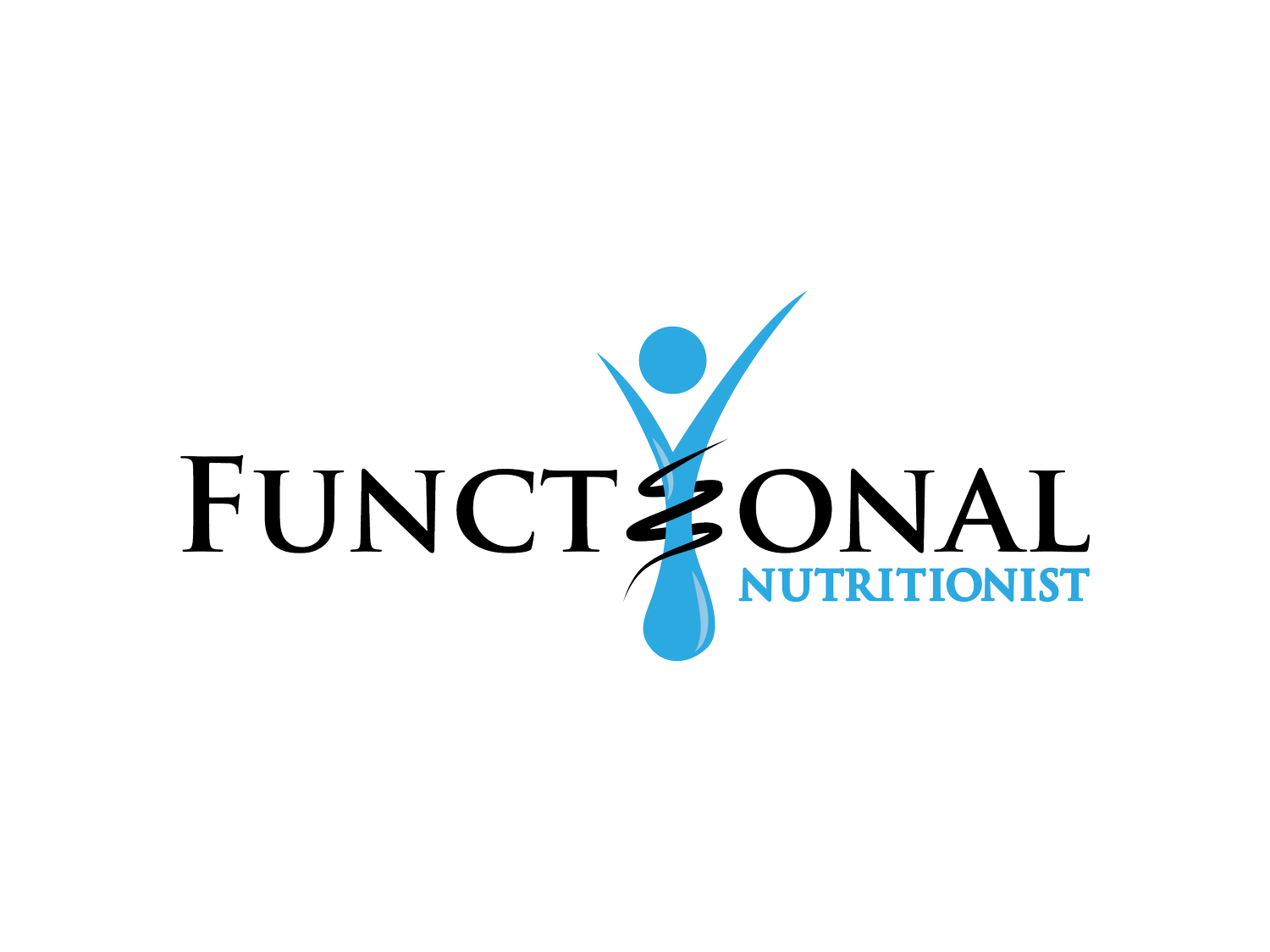MTHFR Mutation- Why You Shouldn’t Be Having Folic Acid, Especially If You’re Pregnant.
What is MTHFR?
· MTHFR is an enzyme in your body that converts folate you eat into an active form called 5-MTHF.
· MTHFR is an acronym for Methylenetetrahydrofolate reductase. (You can see why it’s shortened!)
· The mutation means there is less folate available for your body to use because the mutation reduces your body’s ability to create active folate.
· Active folate prevents homocysteine levels reaching high levels which increases the risk for blood clots in pregnancy.
· Increased levels of homocysteine levels due to low folate levels can increase the risk of cardiovascular disease.
· Active folate helps the formation of red blood cell, white blood cells and platelets.
So, having this mutation is really not good news. However, there are different variances of the mutation and you need to find out which one you have out of;
C677T homozygous – 60-70% loss of function
C677T heterozygous – 30-40% loss of function
A1298 homozygous – 40% loss of function
A1298 heterozygous – some loss
Compound heterozygous – 40-50% loss of function
This probably seems like another language to you right now, it did for me when I first started researching it. Homozygous means you have the mutation from both parents and heterozygous from one parent. The numbers are the different mutations. The loss of function means loss of the MTHFR enzyme function which can affect how much active folate you have in your body, homocysteine levels and reduced detoxification pathways.
What are the signs and symptoms you may have the MTHFR mutation?
· Having a miscarriage
· Infertility
· Anxiousness or depression
· IBS symptoms
· An autoimmune disease
· Inflammation
· High homocysteine levels
· Deficiencies in folate, B6 and B12
· Detoxification problems
· Lack of vitality
· Fatigue
Just because you have the mutation, doesn’t mean that you will express all or any of these symptoms and conditions.
What is the difference between folic acid and folate?
Folic acid is the synthetic version of folate that is put in supplements and food fortication. Folate is naturally found in food sources. However, the two are wrongly used interchangeably sometimes.
Since 1998, it has been a requirement for food manufacturers to add folic acid to grain products such as pasta and cereals. This was to increase the consumption of folic acid by the general population to decrease the incidence of neural tube defects in babies.
It has also been a requirement to have folic acid in all prenatal vitamins in Australia to date.
Consuming folic acid in people who don’t have the MTHFR mutation is not a problem, however for the 53% of the population who does have some variation of the mutation it is a problem, especially for women who are trying to conceive or who are pregnant.
Why is folic acid a problem?
For people with the MTHFR mutation folic acid is not processed and it ends up being stored in the body as toxins. Unmetabolized folic acid can cause health problems which may not show up for years. This means the folic acid in products people are consuming are not actually being converted in active folate for use, so talking the supplement is pointless, albeit dangerous.
What to do if you have one of the mutations.
· Do not have folic acid.
· Eliminate gluten (especially from wheat) – normally fortified with folic acid
· Eliminate dairy – pro-inflammatory
· Reduce your chemical overload such as toiletries and cleaning products. The detoxification pathways are weak in people with MTHFR.
· Eat organic where possible – to reduce the toxic load.
· Have Epsom salt baths regularly – helps detoxification pathways and may metabolic processes.
· Increase fresh, whole food, every color, every day.
· Drink 2 litres of filtered water daily.
· Eat a diet that is anti-inflammatory and high in antioxidants.
What supplement should I take?
You need to find a supplement with 5-MTHF or 5-methyltetrahydofolate or folinic acid. Some of the practitioner brands in Australia have these.
Women in the preconception phase or who are pregnant need to be getting 800mcg of folate daily, which is difficult to achieve through diet alone. In Australia, to my knowledge you can’t buy a prenatal without folic acid in it.
You could combine some practitioner brand prenatals and add in another supplement with either MTHF or folinic acid. It’s not ideal. Then, there is the US and Canada who have some great products. Two I have found are;
· Thorne basic-natal
https://www.thorne.com/products/dp/basic-prenatal
· Optimal prenatal
http://www.seekinghealth.com/optimal-prenatal-240-vegetarian-capsules-seeking-health.html
The MTHFR mutation is complex. It is recent information and some GP’s don’t know about it, my obstetrician had never heard of it. If you think you may have this mutation, I encourage you to get tested for it (a blood test) and to seek out someone who is knowledgeable in how to manage the mutation.
There are other complexities that go along with the MTHFR mutation that I have not discussed in this blog. If you feel you want a personalised consult and lifestyle plan for MTHFR, please contact me.
Sources:
Herchtman, L. (2014). Clininical Naturopathic Medicine. New York: Elsevier.
Kresser, C. (2016, 08 24). Folate vs folic acid. Retrieved from Chriskresser.com: https://chriskresser.com/folate-vs-folic-acid/
Ledowsky, C. (2016, 08 25). Latest research. Retrieved from mthfr support: http://www.mthfrsupport.com.au/latest-research/
Lynch, B. (2016, 08 25). mthfr-research. Retrieved from mthfr.com: http://mthfr.net/

